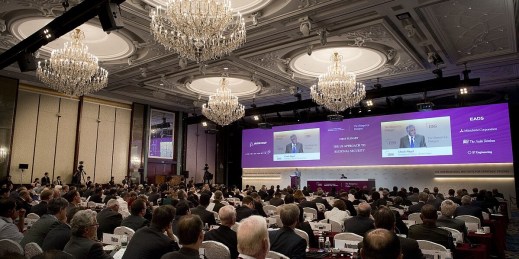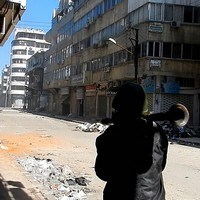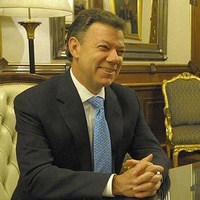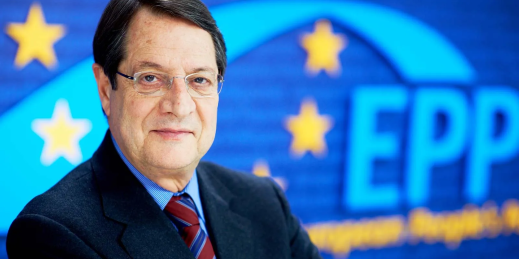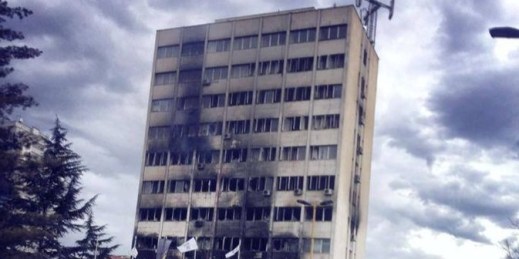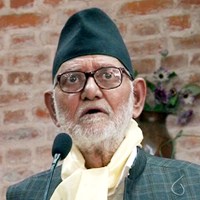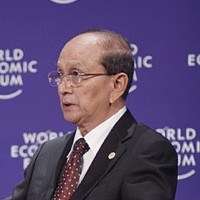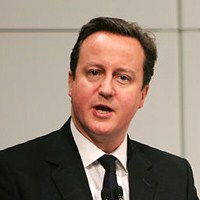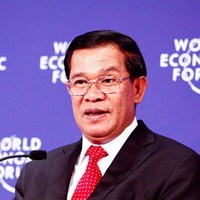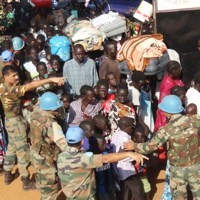
The deadly conflict in South Sudan, itself the culmination of a long-running power struggle within the ruling Sudan People’s Liberation Movement, is increasingly drawing in neighboring countries driven by disparate security and economic interests, further complicating the crisis and efforts to reach a resolution. The U.N. has accused both sides of South Sudan’s split of committing human rights abuses in the conflict, which has so far claimed an unknown number of lives, displaced an estimated 900,000 people both inside and outside the country and shows no signs of letting up. An agreement to cease hostilities was violated even before its […]

